Identifying coffee: development of a low-cost and robust barcoding assay for wild African Coffea species
Resumen
With an estimated consumption of more than two billion cups a day, coffee is one of the most popular beverages in the world. Nearly all coffee is produced from the seeds of two species: Coffea arabica (Arabica coffee) and Coffea canephora (Robusta coffee). Both Arabica and Robusta coffee production is threatened by climate fluctuations and disease outbreaks, reducing yields and ravaging coffee plantations. To overcome these challenges, the potential of other wild Coffea species for the improvement of existing coffee varieties or for the development of new varieties has been studied. The Coffea genus consists of circa 130 described species that are mainly found in sub-Saharan Africa and Madagascar. Coffea species on the African continent are more closely related to Arabica and Robusta coffee. Nevertheless, the identification of African Coffea species at species level based on morphological traits can be challenging as several species seem to have overlapping trait characteristics. In this study, we developed a molecular barcoding assay consisting of eight nuclear markers between ca 200 and 800 base pairs long that can be sequenced using Sanger sequencing. Marker regions were selected based on the output of publicly available genotyping-by-sequencing data, ensuring that each Coffea species included in this dataset had a unique allele for at least two out of eight markers. The resulting barcoding assay is a cost-efficient and accessible tool for the molecular identification of wild African Coffea species, facilitating their conservation and their application for the improvement of coffee cultivation.Descargas
Los datos de descargas todavía no están disponibles.
Descargas
Publicado
2023-10-25
Cómo citar
Bawin, Y., Tas, A. S., Mertens, A., Stoffelen, P., Verstraete, B., de Backer, S., … Janssens, S. B. (2023). Identifying coffee: development of a low-cost and robust barcoding assay for wild African Coffea species. Bonplandia, 32, 1. Recuperado a partir de https://revistas.unne.edu.ar/index.php/bon/article/view/6938
Número
Sección
Presentaciones
Licencia
Derechos de autor 2023 Bonplandia

Esta obra está bajo una licencia internacional Creative Commons Atribución 4.0.
Declaration of Adhesion to Open Access
- All contents of Bonplandia journal are available online, open to all and for free, before they are printed.
Copyright Notice
- Bonplandia magazine allows authors to retain their copyright without restrictions.
- The journal is under a Creative Commons Attribution 4.0 International license.
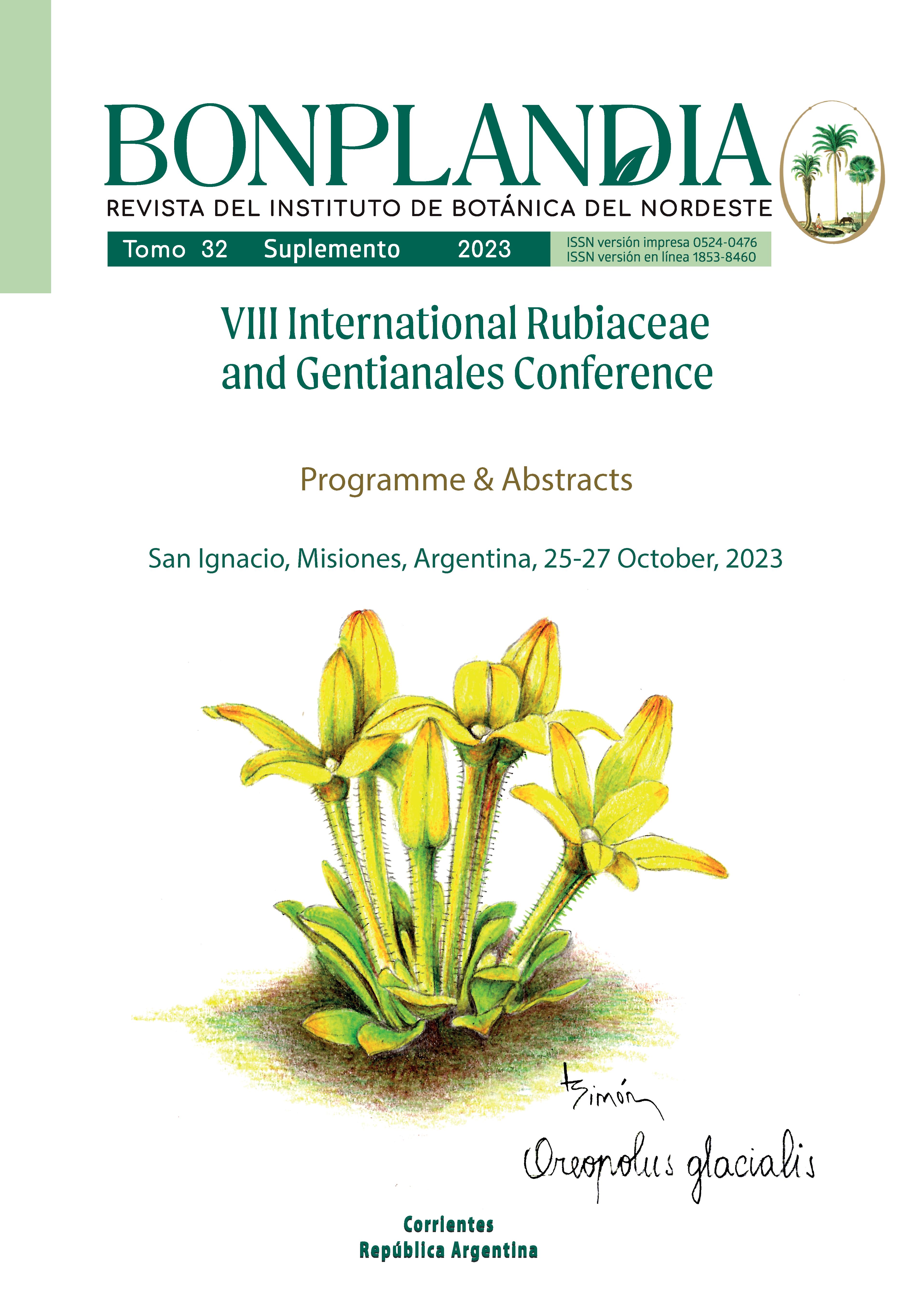
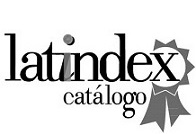

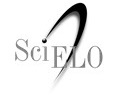




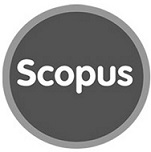

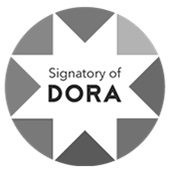
.jpg)


